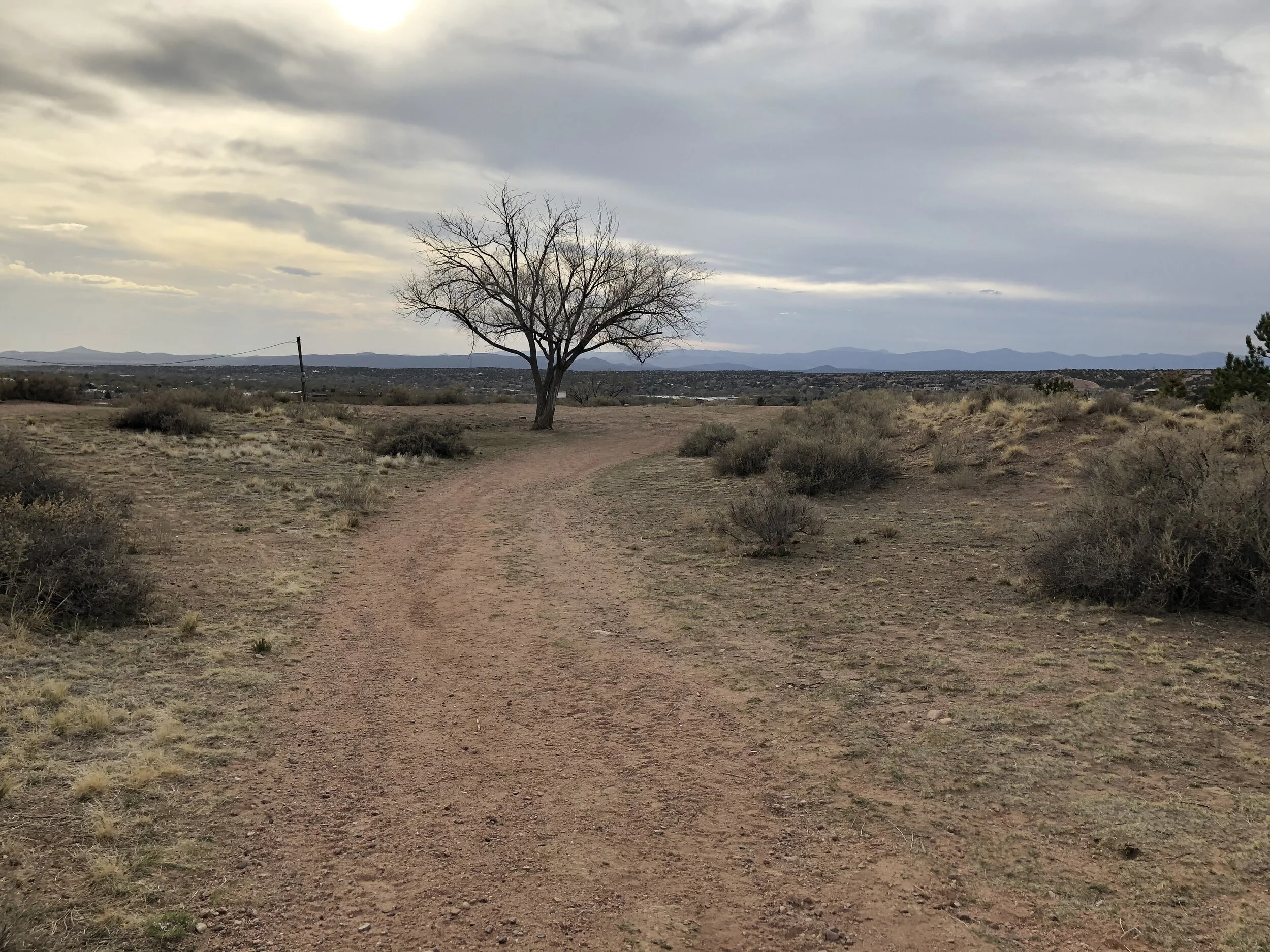The big why and the little why
“Because it’s there.” (Image by Eknbg)
A friend of mine has taken up the guitar, at long last.
On some level, she wanted to prove to herself that she could do it. She wanted to overcome a lifelong block about her potential as an instrumentalist and heal the damage that was done to her self-concept many years ago when she tried and failed.
But mostly, she is doing it because it’s fun. She’s not out to save the world. She just likes how it sounds when she puts the chords together, and she’s enjoying the experience of making new connections in music theory. She’s playing the guitar because she wants to.
I know that Simon Sinek’s big idea is to “start with WHY,” and that’s great if it helps you. But “finding our why” can be a big distraction. If you think that there’s some purpose for you, somewhere out there — or some bigger purpose in the work you’re already doing that you can’t seem to access — you might get stuck. You might even stop doing your thing until you figure out your “why.” And that’s kind of silly.
Maybe there is a big “why” for you. Something lofty about helping people and changing the world for the better through your work. Great! But you’re okay even if you just have a “little why” to keep you going. For example, you want to provide for your family, or solve interesting problems. Maybe you do what you do because it’s the thing you’re good at and you enjoy it. For many of us, that’s enough.
Digging into the big “why” can be helpful when you have lost sight of the little “why” or outgrown it. When you might otherwise be distracted by the influence of others, or you’re struggling to choose between an array of possibilities, an understanding of the deeper purpose behind your work can get you back on track. When “I’m doing it because it makes me feel good” or “I’m doing it because this is what I have the knowledge and skills to do” or “I’m doing it because it’s a steady paycheck” is no longer enough, it can be revelatory to probe deeper into your underlying motivations. But there’s nothing wrong with the simpler answers to get you going. Indeed, they can sustain an entire career.
Hobbies are very straightforward — you do things because you want to. You don’t need to have a reason to learn Farsi or paint watercolors or take up skateboarding. Our work can be that simple, too. We can get paid to solve a problem for someone. Win-win. If we lose sight of these basic mechanisms behind our activities, we can end up unpleasantly “in our heads,” believing there’s some hill we have to climb when it’s actually one of our own invention.
Maybe you want to help people, solve interesting problems, or have a good time. That’s enough. The specificity can emerge later, as you get more choosy about the way you want to help people, the kind of problems you want to solve, or what constitutes a good time. This is a process that, for me, has unfolded very naturally. I would have been totally lost if I had tried to “find my why” and look for some lofty mission. I was missing two decades of data that hadn’t been collected yet.
Maybe you don’t need a North Star to guide you — you can just do what you feel like doing. And if you don’t feel like doing that, you can do something else. You don’t even need a reason why.
Why do you do what you do? How important is the “big why” to you? Do you see the distinction between the big why and the little why, or is it just something stupid I made up? I’d love to hear what you think.





